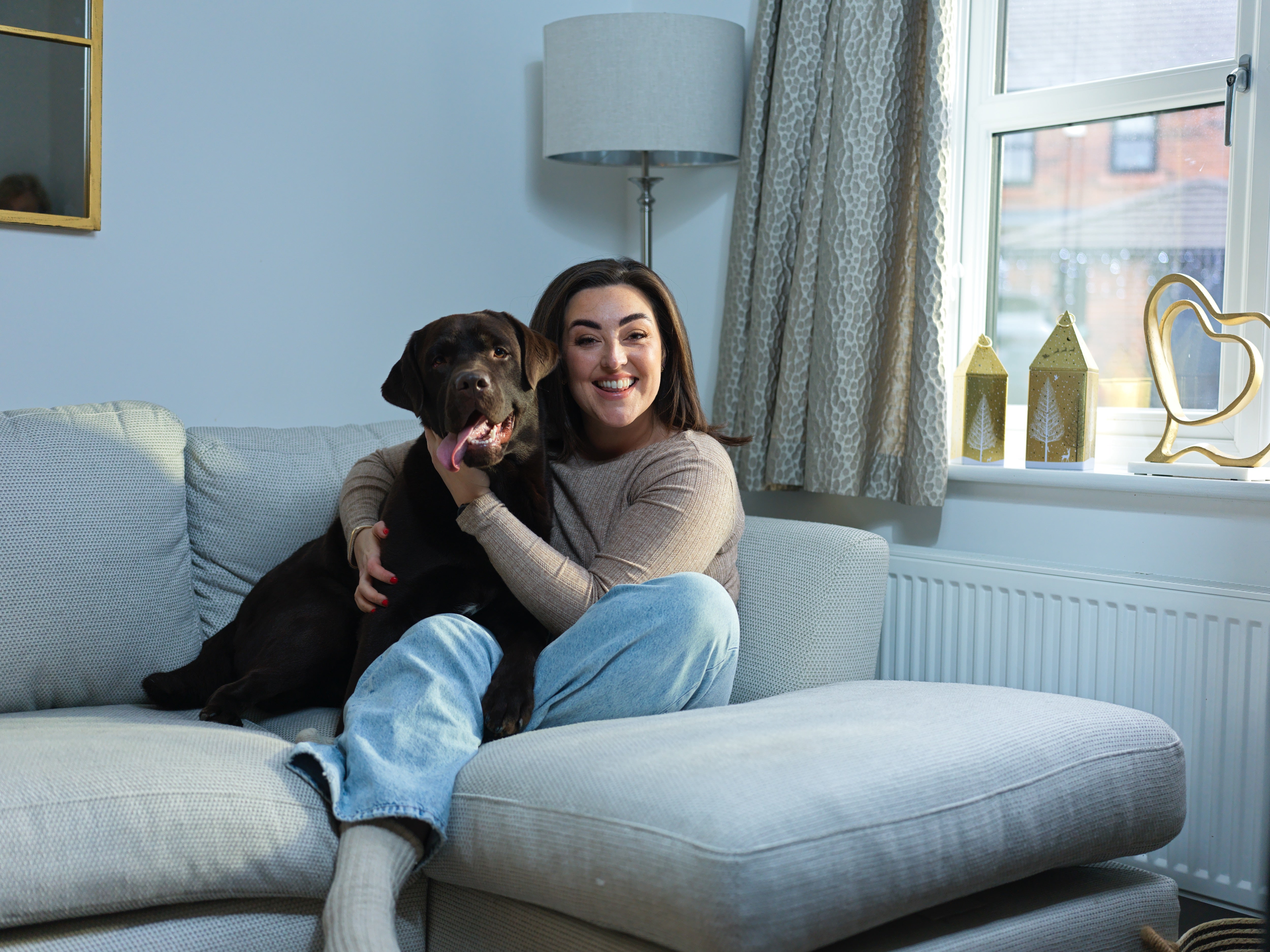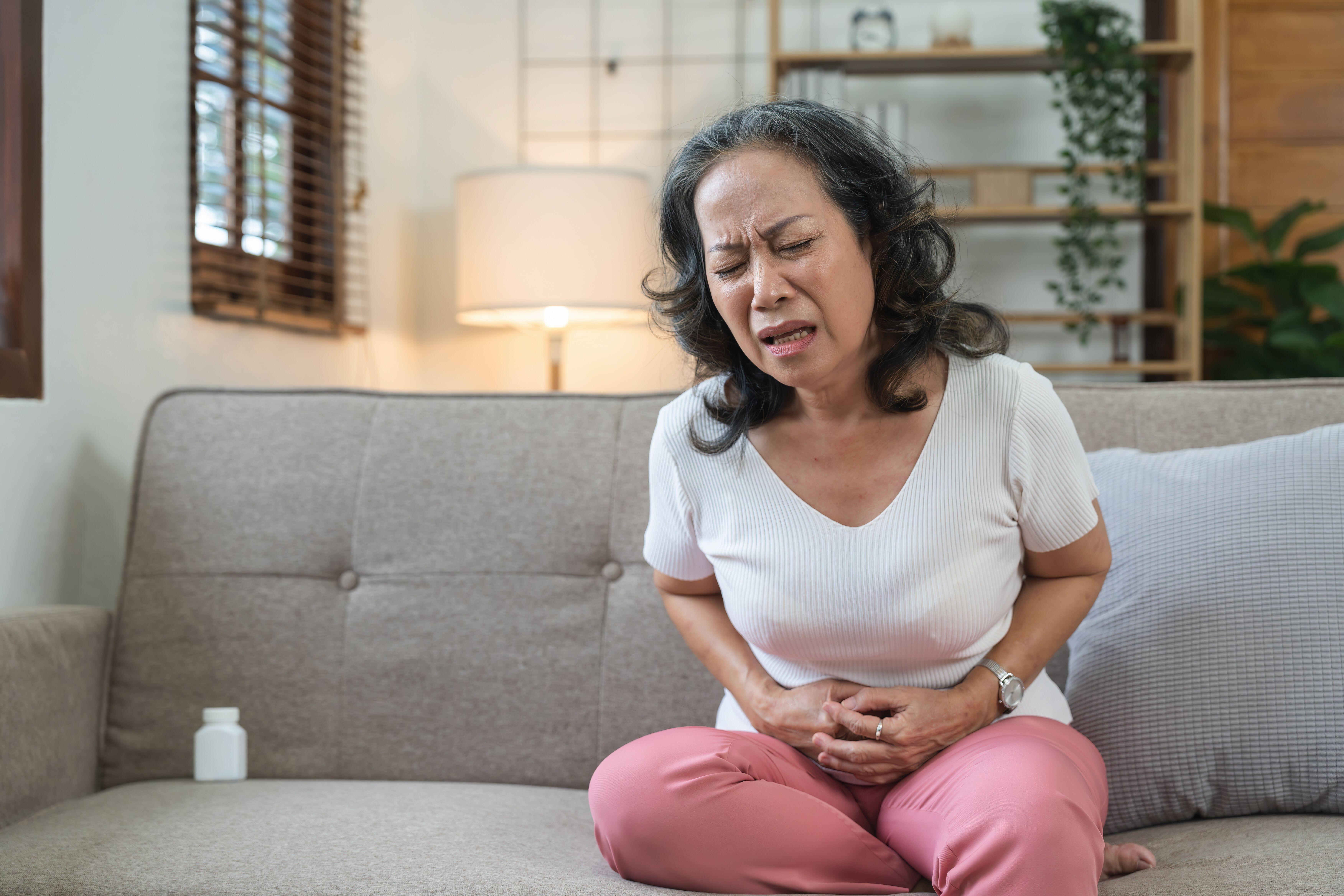
The UK’s first liver transplant for advanced bowel cancer has been hailed a success.
Bianca Perea, a 32-year-old trainee lawyer from Manchester, was given the surgery in the hope it could offer a potential cure for her deadly disease.
The procedure has been a huge success and together with other treatments: targeted drug therapy, chemotherapy and surgery; she now has no signs of cancer anywhere in her body.
Bowel cancer is the fourth most common cancer in the UK and the second biggest cancer killer, according to Bowel Cancer UK, so this transplant success story is an exciting breakthrough for treating the disease.

“Bowel cancer, also known as colorectal cancer, affects the large bowel, which is made up of the colon and rectum,” explains Dr Lisa Wilde, director of research, policy, and influencing at Bowel Cancer UK. “Most bowel cancers develop from pre-cancerous growths, called polyps. But not all polyps develop into cancer.
“If your doctor finds any polyps, they can remove them to prevent them becoming cancerous.”
Here are some symptoms to look out for:
Bowel changes

A change in your pooing habits could be an early warning sign.
“You might be going more or less often, or have diarrhoea or constipation that might come and go,” says Wilde.
Blood
“One of the most recognisable symptoms to look out for is blood in your poo or bleeding from your bottom,” highlights Lindsay Easton, CEO of Bowel Research UK. “This can be a sign of a less serious condition, but it’s best to get this checked out with your GP as soon as you can.”
Pain or lump in your stomach

“A pain or lump in your tummy is a symptom of bowel cancer,” says Wilde.
Weight loss
Losing weight when you are not trying is also common in people with cancer.
“This may because of reduced appetite, but not always, some people lose weight even when they are eating normally,” explains Dr Angela Rai, GP at The London General Practice. “This is called cachexia, and the body may not be absorbing all the protein, fat and carbohydrate from the food you eat.
“Cancer may release chemicals in the body that contribute to the loss of fat and muscle.”
Unexplained tiredness

Feeling constantly tired and not knowing why is also a symptom.
“There are many causes of fatigue and this should be investigated,” says Rai. “Bowel cancer can cause anaemia, and the lack of healthy red cells causes fatigue.
“A simple blood test can detect this. Anaemia can be an early warning sign of bowel cancer and occurs when the tumour starts to bleed causing a reduction of red blood cells and a reduction in a protein called haemoglobin, which carries iron.”
When should you see a GP about these symptoms?
“Not everyone will have all the symptoms of bowel cancer and sometimes symptoms may come and go,” says Wilde. “If you have any of the above symptoms, or if your pooing habits just don’t feel normal for you, our advice is to contact your GP straight away.
“They will want to hear from you and may give you an at-home test to help decide whether your symptoms need further investigation.”
When should you ask for an urgent GP appointment or get help from the NHS 111 or go to A&E?
“The NHS advises people to call 111 if your poo is black or dark red or you have bloody diarrhoea, and to go to A&E or call 999 if you’re bleeding non-stop from your bottom and there’s a lot of blood,” says Easton.
Can you get an at home test? How does this work?
“If your GP wants to rule out bowel cancer, they may ask you to do a Faecal Immunochemical Test (FIT), which is a test you do at home that that looks for blood in your poo,” explains Easton. “These are the same tests sent out to people as part of the bowel cancer screening programme, and we would encourage anyone eligible for screening to take part when they are invited because early diagnosis is so important.”







